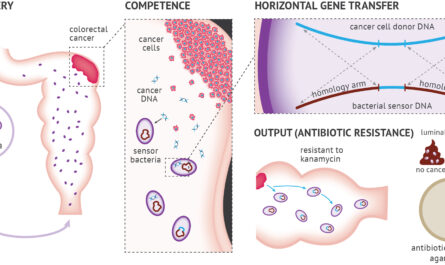Education and health behavior play significant roles in influencing individuals’ overall health and wellbeing, according to a recent study published in BMC Public Health. The study aimed to explore the correlation between socioeconomic position (SEP), health behaviors (HB), and health outcomes.
The study, conducted in Norway, involved 14,713 individuals aged between 40 and 63 years. Researchers developed a composite indicator for unhealthy behaviors, which included four lifestyle parameters: alcohol intake, smoking, body mass index (BMI), and physical activity.
Two regression models were utilized to measure subjective well-being (SWB) and health-related quality of life (HRQoL), while considering factors such as childhood financial circumstances (CFCs), age, and gender.
The study revealed that education significantly influences health-related quality of life. However, the impact of education on health was found to be mediated by health behaviors. Individuals with higher education levels were more likely to exhibit healthier behaviors, contributing to better health outcomes.
The results indicated that health behaviors played a greater role in determining health outcomes than educational attainment in the Norwegian population. Health behaviors accounted for 29% to 40% of the health-education gradient across different measures of well-being.
The study also found a positive association between education and health-related quality of life. Higher levels of education correlated with better health-related quality of life scores. However, when it came to subjective well-being, education did not show a significant gradient.
In terms of health behaviors, individuals who followed all four population health recommendations (no smoking, limited alcohol intake, regular physical activity, and normal BMI) exhibited the highest levels of well-being. There was a consistent improvement in subjective well-being across all levels of health behavior.
The findings highlight the importance of both education and health behaviors in promoting health and wellbeing. Educated individuals with healthy habits were found to be healthier and happier compared to less educated individuals with unhealthy lifestyles.
It is essential to consider these factors when designing public health interventions. Promoting education and encouraging healthy behaviors can positively influence individuals’ health and overall quality of life.
The study’s findings provide valuable insights into the relationship between education, health behavior, and wellbeing. Further research is needed to explore the specific mechanisms through which education and health behavior interact to influence health outcomes. By understanding these mechanisms, policymakers and healthcare professionals can develop targeted interventions to improve population health and wellbeing.
Note:
- Source: Coherent Market Insights, Public sources, Desk research
- We have leveraged AI tools to mine information and compile it




